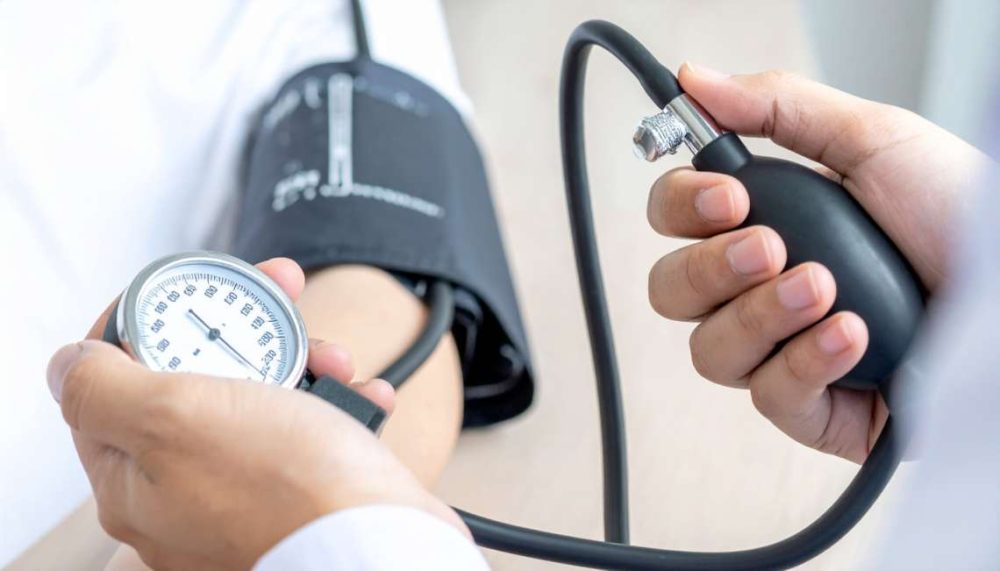
The pandemic brought with it a new normal that came with its own consequences. The social distancing, erratic work hours, and the stress of living in times of an outbreak have raised anxieties for many. As we find ourselves busy fighting COVID-19, many other significant health issues seem to have taken a backseat…writes DR. MANJINDER SANDHU.
People are not only losing their sleep to overstretched working hours, and the uncertainty caused by coronavirus but are also finding it difficult to sleep properly. Experts warn this could take a toll on, not just your lifestyle but also heart health. Emotional and mental stress can lead to erratic sleep patterns, which, experts believe, may lead to heart-related health issues, eventually leading to something as critical as stroke.
It is important to understand that sleep management is not just restricted to a good night’s sleep or getting enough of it. The quality of your sleep is the most important. If you are snoring a lot, experiencing shortness of breath while sleeping or not able to sleep properly over a period, you must speak to a doctor. For instance, in some cases, people may experience a disturbance in the breathing pattern while sleeping. This could be a condition called sleep apnea, which can have a lasting impact on your cardiovascular system in the future.

The question really is – does poor sleep affect your heart health? If you look at a condition like sleep apnea, the answer is, ‘yes’. According to studies, “nearly one billion adults aged 30-69 years worldwide were estimated to have obstructive sleep apnea, with and without symptoms.” What makes this kind of sleep disorder more alarming is the fact that it could put a person more at risk of atrial fibrillation, an irregular heartbeat which can then lead to a heart disease, eventually leading to a stroke.
When the upper chambers of your heartbeat too fast, it can give rise to a condition called AF. Atrial fibrillation can reduce the pumping efficiency of the heart by 30 percent. The chaotic rhythm causes the blood to form clots in the left atrial appendage, and if this clot travels to your brain, it can cause a stroke. Studies reveal that close to one third of people with atrial fibrillation will have a stroke. Therefore, sleep patterns are very important when it comes to heart health.
When the breathing is interrupted, the brain compels the person to wake up so that they can resume the breathing pattern to normal. During sleep apnea your airway gets blocked, and this can happen repeatedly while sleeping to the extent that you may even stop breathing for very short spans of time. It is important to note that while sleeping a person might not notice symptoms such as breathlessness, loud snoring, fatigue and night sweats, however, one can easily observe these symptoms during the day- tiredness, not feeling fresh right after waking up, weariness, poor memory and headaches.
While there are several medications and blood thinners are available to protect you from stroke, technology has made things simpler for patients living with AF.

Pacemakers are designed to monitor your abnormal heart rhythm by delivering an electrical impulse to help control your heart rhythm. It can effectively treat symptoms like light headedness and fatigue. Not only does a pacemaker monitor your heartbeat, it also keeps a check if your heart is beating too slowly. Pacemakers even store information. Atrial fibrillation burden and helping doctors to evaluate therapy efficacy. Pacemakers are now MRI safe such that if anyone needs to undergo MRI they can do so, despite having a metallic implant.
There are studies to prove that a good sleeping pattern can effectively reduce the chances of stroke. Hence, it is more imperative than ever before, to watch out for those irregular sleep patterns that are not just important from a lifestyle perspective, but also critical to your heart health.









